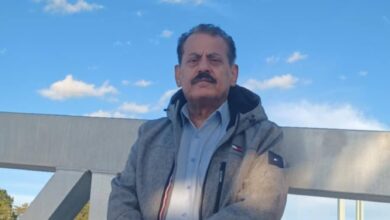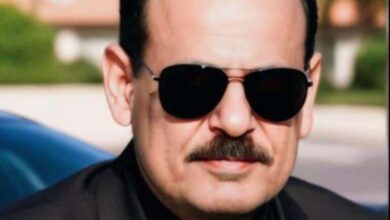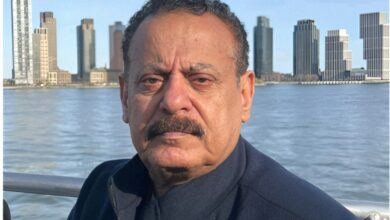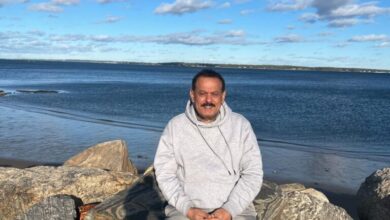Destruction Upon Destruction
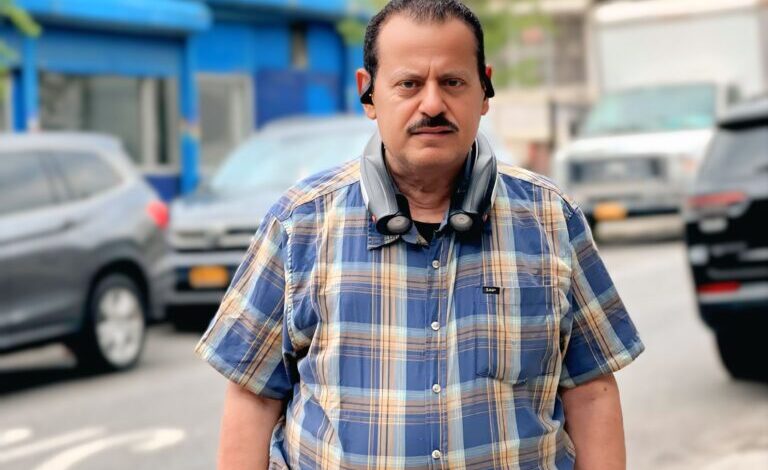
Yemeni mp
Ahmed Saif Hashed
After January 20, 1986, I boarded a passenger bus from Crater heading toward Khawr Maksar. On the coastal road of Abyan, three military college students got on the bus, searching for identification cards. After verifying the IDs, one of them apologized, saying, “Sorry, we are looking for the people of Shabwa and Abyan.”
The regional and local mobilization played a significant role in the catastrophic outcomes of the events of January 13. I often wondered how the space of internationalism could shrink and constrict to such an extent! Why did those elites destroy a realm that extended from the farthest corners of the earth to its depths, replacing it with narrow parochialisms that became smaller than the diameter of a fingertip?
The purges and arrests primarily occurred based on identification cards. Identity became the focal point and foundation. It was a harrowing time when arrest and death selected their victims according to their card, province, or region.
Many of my comrades in the Unity Brigade were eliminated primarily due to their geographical affiliation. Those from the north, along with regions like Al-Dhalea, Radfan, and Yafea, were targeted, and the executions were horrific. In return, retaliatory acts from the other side were no less tragic and terrifying than what the first group committed. Those events made the heavens weep blood.
Why were my comrades Mohammed Abdullah Al-Efreet, Jamal Mohammed Abdullah, Abdu Mani Al-Saadi, Mohammed Ayedh Al-Hanshali, Ahmed Hussein Al-Rabat, and Al-Rimi, and Mohammed Saleh Mohammed “Aboud” executed—especially when the latter had only been assigned to the brigade for one night before January 13?
Why were Sergeant Abdu Ali, Sergeant Hassan Ebrahim, and Sergeant Al-Barh executed, all of whom were from the north? Why was my friend Mahmoud Salem from “Yafea Ma’raban” targeted, along with Lieutenant Tayeb Nasr from “Radfan,” Lieutenant Naqi Al-Hayani from “Ibb,” and brother Zaid, along with his pure brother Alwan Al-Dhabhani, and dozens like them?
Why was Othman, the artist, killed? Othman, more delicate than a breeze, whose voice emerged from the depths of the soul. Why was he executed? This is the one who sang for the Syrian poet Ayman Abu Al-She’ar with a haunting and profound melody:
The walls of the prison taught me that the will of a free man is stronger than the lock of a jailer.
The grave of a martyr taught me that the bowing of a martyr to the soil is the highest expression of faith.
Why did you kill the free spirits, the purity that sought refuge with you to escape the tyranny of the north, only to find something more horrific and terrifying in the south?
You do not know Othman. He is an angel unlike any other. He embodies all purity and love. Othman, who sang for Yemen and for unity, sang for the poet from afar, enchanted by Yemen and yearning for its unity:
For whom do you comb your beautiful hair, O Yemen?
The braid of Sana’a, the braid of Aden.
Unravel your hair so that the strands awaken.
For whom did you separate your moist hair, O Yemen?
The braid of Sana’a,
The braid of Aden.
Both sides, victorious and defeated, paid a heavy and devastating price, and the loss of the homeland was greater and more profound. We still live with the aftermath of these events to this day.
All the cosmetics of tolerance that were presented have failed to bridge the deep cracks caused by these tragic events. Then came the adversary and enemy, using this disarray as a vehicle to legitimize their intervention and execute their agendas with cunning, targeting Yemen as a whole—its land, geography, unity, people, and future.
The past and its grievances were revived, injecting a discourse based on a distorted consciousness, rekindling the tribal tensions that predate the state, reopening deep wounds in the spirit, and stifling whatever beauty remained in the hearts. The echoes of the past were not only resurrected but also deepened, reproducing its divisions and contradictions in a manner uglier than before, adding new fractures and accumulations, and giving rise to new regional, local, and even racial conflicts. It has compounded the already dire situation, leading to further devastation.
Today, the situation has reached a boiling point, and reality speaks for itself about what is happening. The cost has become a homeland. What lies ahead is even worse, and this does not mean that the north is in any better condition. The conversation continues.
* * *


